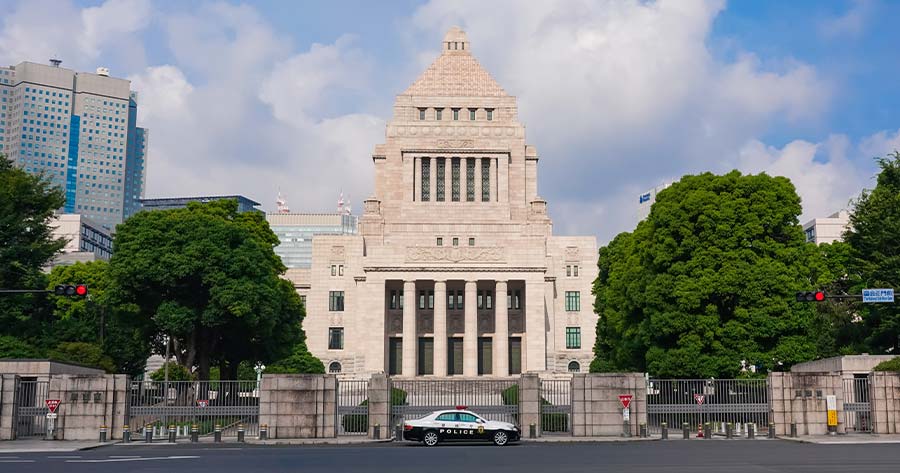Japan, the world’s fourth-largest economy, faces political turmoil after its ruling coalition lost its majority in Monday’s election.
Prime Minister Shigeru Ishiba, along with his Liberal Democratic Party (LDP) and its junior coalition partner Komeito, secured only 215 seats in the lower house of parliament — 64 seats fewer than in the previous election.
This result, compounded by tensions with China and North Korea and coinciding with the U.S.’s own unpredictable election, has pushed the yen to a three-month low at 153.8 against a dollar. Media reports suggest this electoral outcome reflects voter dissatisfaction with the ruling coalition, partly due to a recent political funding scandal.
The parties now have 30 days to form a governing coalition, and Ishiba, who only recently assumed office, may not remain in his role for a long time to lead the new coalition party. Nevertheless, he is scheduled to make a statement on October 28 at 2 p.m. (0500 GMT).
Meanwhile, the election’s biggest winner appears to be the LDP’s main rival, the Constitutional Democratic Party of Japan (CDPJ), which gained 148 seats—a 50-seat increase from the previous election—although it still fell short of a majority.





